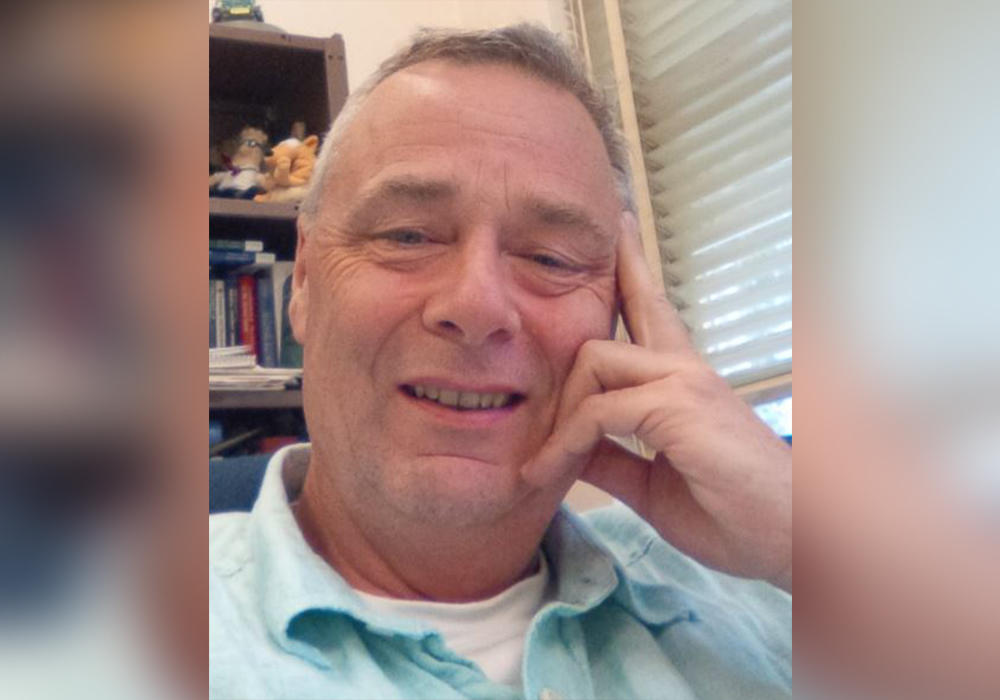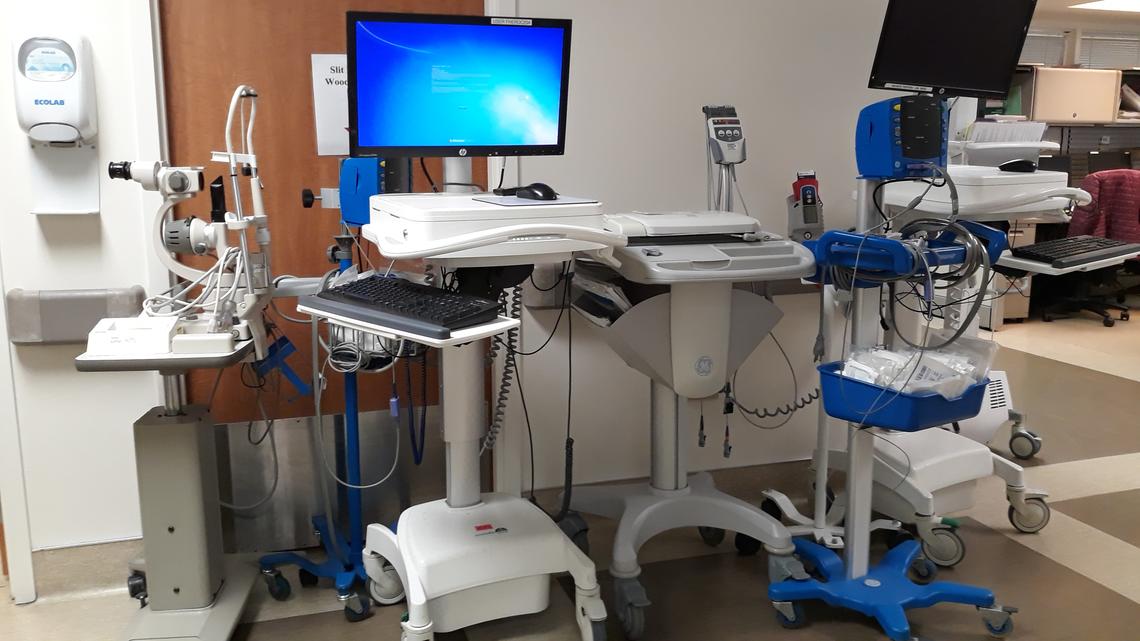July 31, 2020
How I'm spending my summer: Making cross-cultural connections in health care

Fourth-year social work student Lisa L’Hirondelle is having a life-changing summer.
She’s working for Alberta Health Services (AHS) as an Indigenous hospital liaison, where she offers support and health information to health-care providers, Indigenous patients/clients and their relatives, and helps to mediate health-care processes for Indigenous Peoples.
She’s also participating in a Summer Research Studentship Program, conducting patient-centred research aimed at improving the experience of Indigenous Peoples accessing the health-care system.
“The research is about giving voice to the experiences of Indigenous Peoples while accessing health care,” explains L’Hirondelle, pictured above, who is Cree Metis, with family rooted in the Buffalo Lake Metis settlement.
Goal: Improve health-care experience for Indigenous Peoples
As she explains it, the main purpose of her project is to improve the overall health-care experience for Indigenous Peoples and their families. For example, find ways to improve health planning and translation, strengthen connections to spiritual and cultural advisers, and facilitate better communication between patients and the health-care system.
Mike Boyes, PhD, an adjunct associate professor with the Department of Psychology, and member of the O’Brien Institute for Public Health at the Cumming School of Medicine, is L’Hirondelle’s supervisor. The two met during his course on Human Development and discussed the unique social work lens which considers individuals holistically, including their backgrounds and connections, and the ways in which these important elements shape a person’s identity and reality.

Mike Boyes
'Cross-cultural connector'
In Boyes' opinion, L'Hirondelle's social work background, combined with her current AHS knowledge, makes Lisa a natural candidate to do this type of research.
“When I spoke to Lisa about the research she was planning on doing,” Boyes says, “it quickly came up that Lisa’s experience as a liaison, is very much like a cross-cultural connector for people entering into the mainstream health-care system, which puts Lisa in a perfect position to do this kind of research.”
L’Hirondelle’s research is collecting a series of narratives which she hopes will begin to identify strengths and weaknesses in the health-care system that Indigenous Peoples are experiencing and the impact on their health. However, before embarking on the project, she knew that she first needed to build an ethical space to engage Indigenous elders, individuals and families. A space that would better support cultural capacity-building.
It’s important to gather Indigenous perspectives appropriately. So there has been a lot of elder/knowledge keeper consultation about the right ways to do this type of research.
Because of the COVID-19 pandemic, she’s had to change the ways she gathers stories. Traditionally she would be meeting with people face-to-face, but she is now gathering experiences through Zoom meetings where, unfortunately, a piece of the personal connection gets lost.
“Although we are working remotely, there is a still a chance to connect and bond over common grounds like adaptability,” she says.
Reconcile western and Indigenous methodologies
The project is exposing her to a whole new side of research. For example, she is learning how to parallel her research with her worldviews and attempting to reconcile western research methods with Indigenous methodologies. Accordingly, she’s trying to remain as self-aware as possible to everything she does.
“A huge learning outcome throughout my experience has been the level of self-awareness at which I need to operate,” she says. “I am listening to someone else’s story and it would be unnatural if another person’s experience had zero effect on me.
I listen with an open mind and open heart. However, I am also acutely aware of my feelings and triggers and my responsibility to avoid influence on participants.
For the remainder of the summer, L’Hirondelle, whose end goal is to work in program policy and development, will be listening carefully to what people have to say about their experiences in the health-care system from the perspective of whether they felt they were culturally safe and had cultural continuity.
The Alberta Innovates Summer Research Studentship provides an experiential learning opportunity for Alberta undergrads who have an interest in health-care research. In total, 450 students across the UCalgary campus were accepted into various summer research studentships. For more info on the Summer Research Studentship offered at the University of Calgary, visit Alberta Innovates Summer Research Studentship.
ii’ taa’poh’to’p, the University of Calgary’s Indigenous Strategy, is a commitment to deep evolutionary transformation by reimagining ways of knowing, doing, connecting and being. Walking parallel paths together, ‘in a good way,’ UCalgary will move towards genuine reconciliation and Indigenization.





